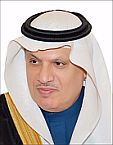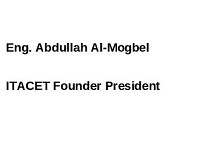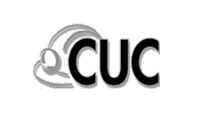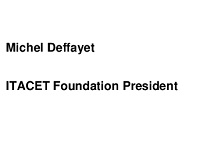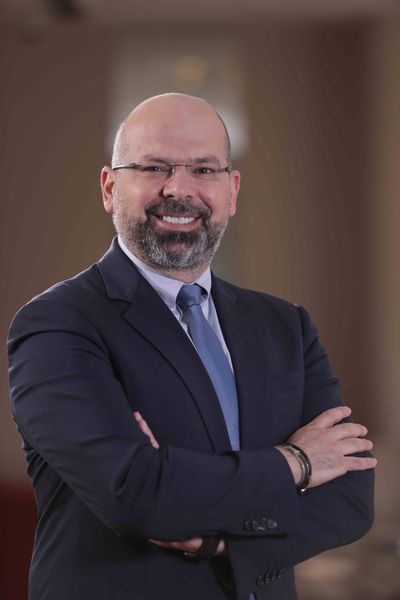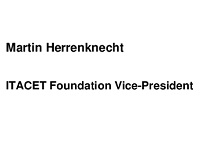A bright future for the Tunnelling Association of Kenya
Last year, Maud Macary went to Kenya to lecture at an ITACET training session. Here she gives us her feedback from the session:
"After a first session organised by the ITACET Foundation in 2018 dedicated to underground spaces, the recently formed Tunnelling Association of Kenya (TAK) wanted to organise a second session on underground project management (from design to construction). The session was held over two days in Nairobi, Kenya on the 4-5th December 2019 and aimed to support the increasing competence of local actors and help in the establishment of norms/standards relating to tunnel projects for the numerous tunnel projects to come in the country. The lecturers chosen for this mission were Lars Babendererde (ITA Vice-president), Gérard Seingre (ITA accountant), and myself from the Centre for Tunnel Studies in France.
The first session of the training specified the different stages in the construction of a tunnel and the key players, illustrated with two case studies: the presentation of an urban project in Hamburg and a project for an underground hydroelectric power station in Switzerland.
The second session addressed the different excavation methods, conventional or mechanized, and the methodology for choosing between them. Two projects were presented to illustrate these methods.
The third session focused on project management with a focus on risk management and the different types of contracts for underground works. In particular, the new FDIC contract model specific to underground works was presented: New Emerald Book.
The last session was devoted to the presentation of the ongoing projects in Kenya by the local engineers: Northern Collector Project (excavation almost completed, contract on the basis of the Fidic Red Book, World Bank financing), and future dam project (design and construction by a Chinese consortium). Social acceptability and the environment are major issues for these projects. In particular for the Northern Collector Project, where there was a fear of intercepting the water table and the risk of drying up the inhabitants of the surrounding area. Specific surveys were carried out on this subject and a monitoring of the water table level was implemented in the works phase.
The question and answer sessions allowed enriching exchanges with the audience. The questions were precise and relevant, showing that the participants were clearly happy with their training. Questions included the importance of geological surveys despite their cost, the responsibility of the project manager with regard to the conditions of the land (and why one does not consider "unforeseeable" what a knowledgeable/diligent contractor cannot foresee), the method of dimensioning the supports... The main stakes of underground works seem already well identified! Outside of training questions, the WTC was also discussed and the benefits of attending expounded – we hope to see TAK at the next WTC!
The number of participants, more than 100 people from a wide variety of companies, the richness of the exchanges and the upcoming projects point to a bright future for TAK and hopefully a further ITACET training session!"

